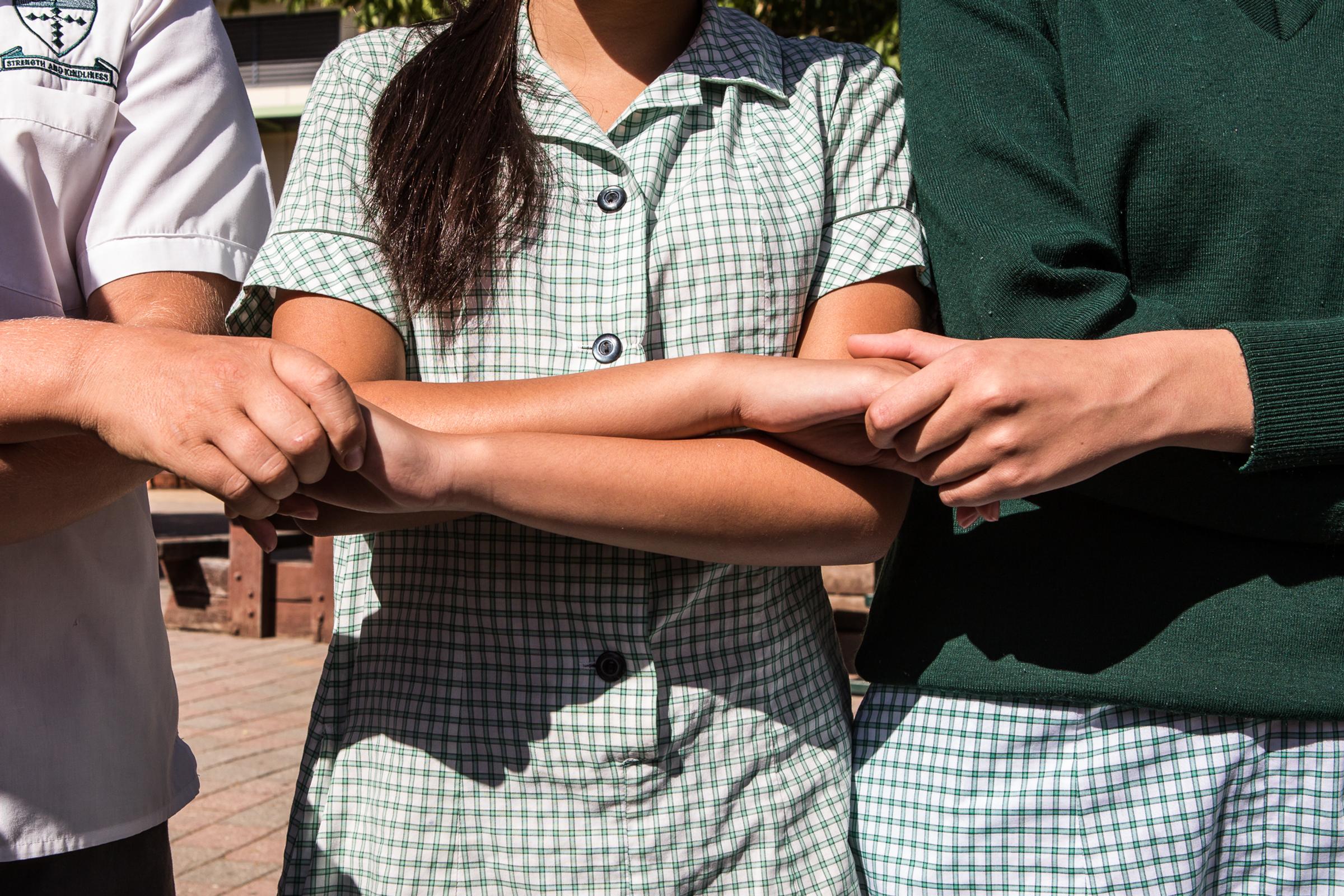Pastoral Care and Wellbeing

The Importance of Friendship
When it comes right down to it, there is no more valuable social capital than friendships. These are the relationships that can stand the test of time and distance and roll with the punches when things get a little dicey. Good friends will give you the space you need when you need it, and love you just as much when you’re down as when you’re up.
Teenage years are a rollercoaster of emotions, challenges, and self-discovery. Friendships have a huge impact on your mental health and happiness. True friends are not just companions; they are pillars of strength, confidantes, and partners in the adventure of growing up.
Developing close friendships can also have a powerful impact on your physical health. Lack of social connection may pose as much of a risk as smoking, drinking too much, or leading a sedentary lifestyle. Friends are even tied to longevity. One Swedish study found that, along with physical activity, maintaining a rich network of friends can add significant years to your life.
Through conversations with friends, teenagers learn to express themselves, articulate their thoughts, and actively listen to others. These skills not only enhance their interpersonal relationships but also lay the groundwork for effective communication in the future.
Peer pressure can be part of the journey through secondary school and good friendships can act as a shield against negative influences. Friends who share similar values and goals create a positive peer group that reinforces healthy choices.
In an age dominated by technology, teenagers are often immersed in the digital realm. Good friendships teach valuable lessons about digital balance and social media etiquette. Friends who respect each other's privacy, celebrate successes without envy, and foster a positive online environment contribute to healthier social media experiences for teenagers.
Online friends can't hug you when a crisis hits, visit you when you're sick, or celebrate a happy occasion with you. Our most important and powerful connections happen when we're face-to-face. So make it a priority to stay in touch in the real world, not just online.
Making a new friend is just the beginning of the journey. Friendships take time to form and even more time to deepen, so you need to nurture that new connection.
Here are some tips on how to be a good friend:
- Be the friend that you would like to have. Treat your friend just as you want them to treat you. Be reliable, thoughtful, trustworthy, and willing to share yourself and your time.
- Be a good listener. Be prepared to listen to and support friends just as you want them to listen to and support you.
- Give your friend space. Don't be too clingy or needy. Everyone needs space to be alone or spend time with other people as well.
- Don't set too many rules and expectations. Instead, allow your friendship to evolve naturally. You're both unique individuals so your friendship probably won't develop exactly as you expect.
- Be forgiving. No one is perfect and every friend will make mistakes. No friendship develops smoothly so when there's a bump in the road, try to find a way to overcome the problem and move on. It will often deepen the bond between you.
All relationships experience ups and downs, and it is important to overlook occasional misunderstandings and differences of opinion. However, if a relationship brings you more pain than pleasure, it is time to reconsider whether or not it is a true friendship, and whether it is worth enduring.
Suzanne Pola
College Leader - Student Wellbeing
